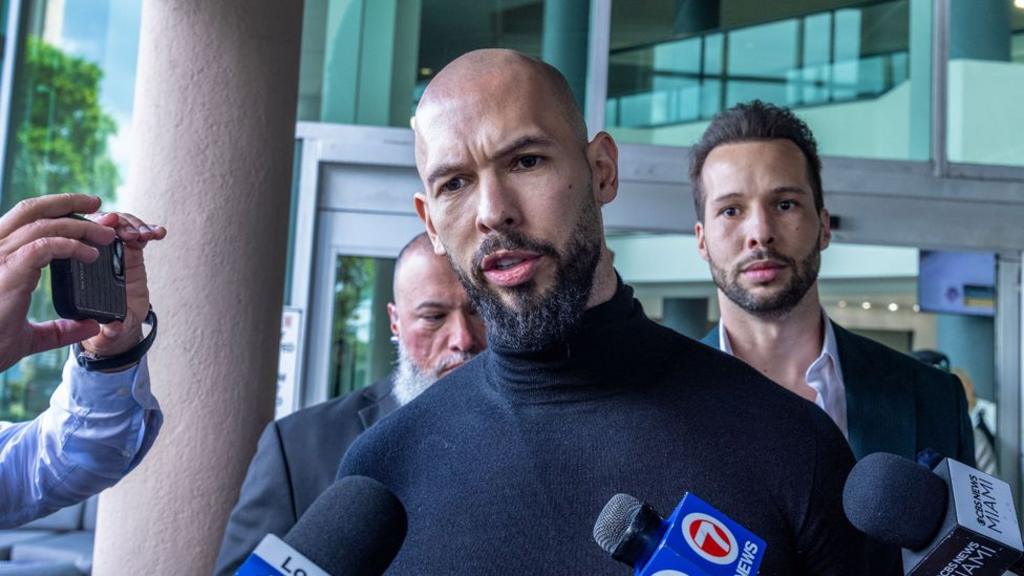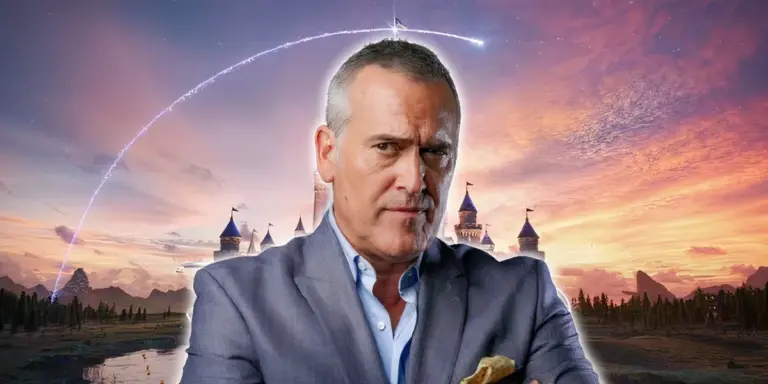
Introduction
Andrew Tate, a former kickboxer and social media personality, has become one of the most talked-about figures of 2023. Known for his controversial views on masculinity, wealth, and success, Tate embodies the polarizing nature of internet influencers today. His rise to fame has sparked debates on social media ethics, mental health, and the influence of celebrity culture on young audiences.
The Man Behind the Persona
Born in Washington, D.C. in 1987 and raised in both the United States and the UK, Andrew Tate initially gained recognition in the combat sports world as a champion kickboxer. However, his transition to social media influencer came through platforms like Twitter, Instagram, and TikTok, where he shares his lifestyle, personal development tips, and controversial opinions.
In 2022, Tate gained significant notoriety for his outspoken views, which many deem misogynistic or problematic. This sudden rise to prominence has led to numerous social media suspensions and bans, but also fueled his following. As of October 2023, he boasts millions of followers across multiple platforms, showcasing his controversial content and attracting both supporters and critics.
Recent Developments
Recently, Tate has been in the news not just for his online presence but also due to his legal troubles. In late 2022, he was arrested in Romania on charges related to human trafficking and organized crime. Although he has consistently denied the allegations, the outcome of this case remains pending as investigations continue. The case has drawn international attention, igniting discussions on the implications of influencer culture and accountability.
Aside from legal issues, Tate’s influence is felt in the burgeoning “hustle culture”, which encourages young individuals to pursue wealth and ambition at all costs. His courses on financial independence and personal empowerment have found an audience among young men, complicating conversations about gender roles and societal expectations. Critics argue that such perspectives can have detrimental effects on mental health and relationships.
Conclusion
As we navigate a digital age where influencers hold substantial sway over public opinion, Andrew Tate’s trajectory raises critical questions about responsibility, ethics, and mental health in online spaces. While Tate continues to navigate personal and legal challenges, his story reflects broader societal concerns regarding the influence of social media personalities on youth culture. Looking ahead, it will be crucial for both influencers and their audiences to approach these conversations with a sense of awareness and discernment, as the impact of such figures will only grow in the years to come.






